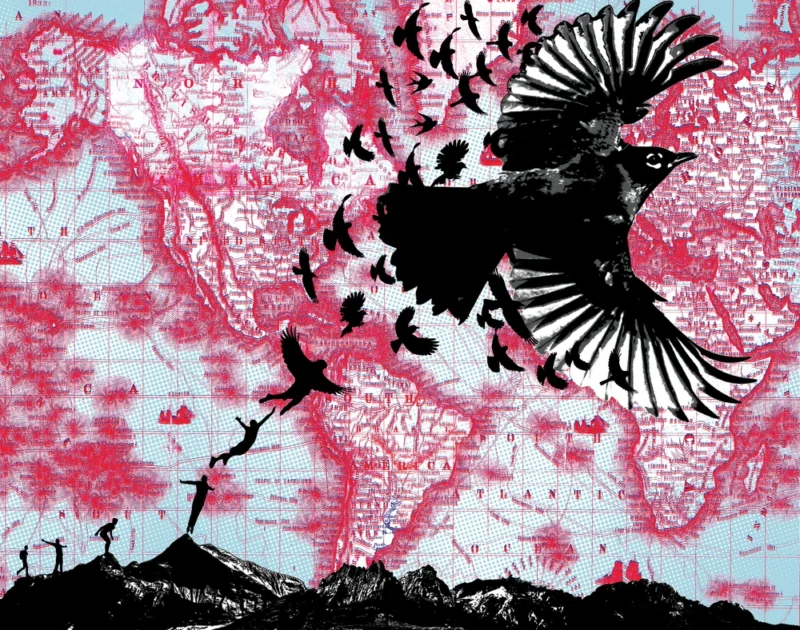This is war
you told us
and shot into the air
so all the birds would flee
This is war
we told ourselves
and sharpened our words
—
From Stolen Flower by Irma Pineda, translated by Wendy Call. To be published by Yale University Press in the Margellos World Republic of Letters series in November 2025. Reproduced by permission.

